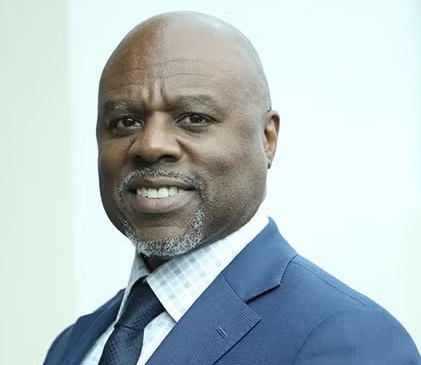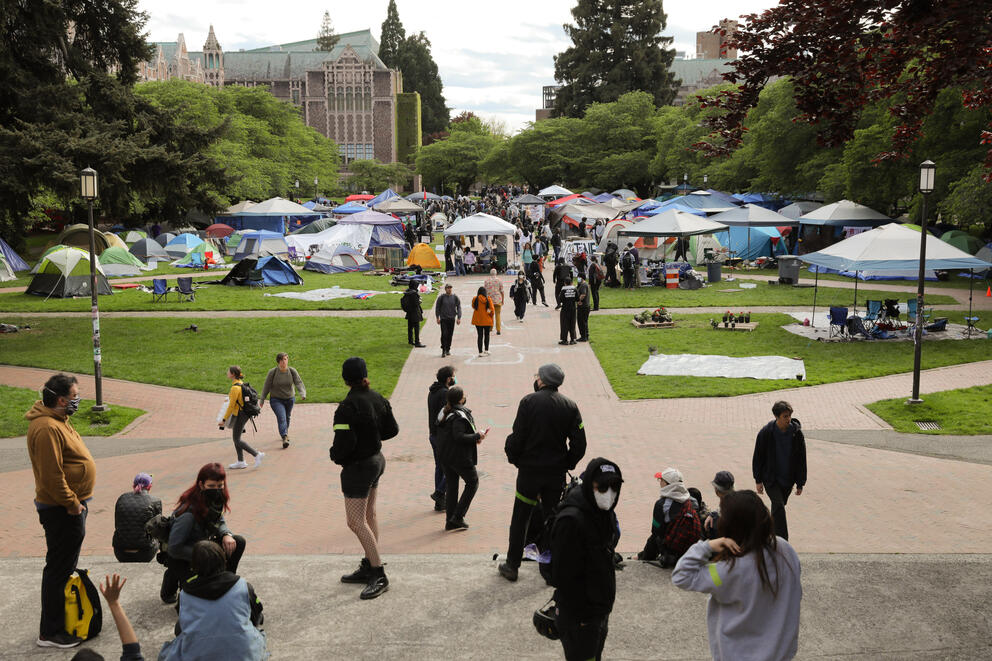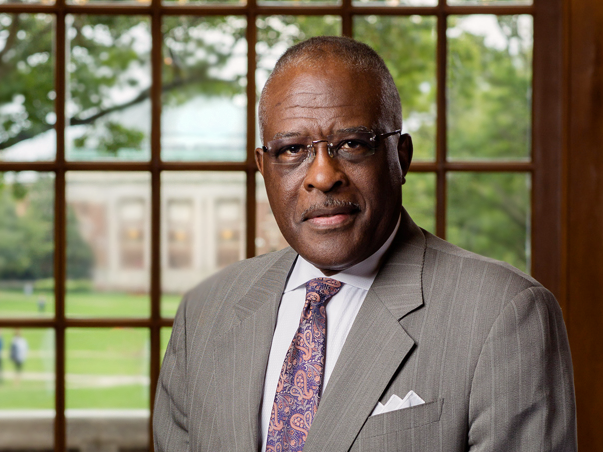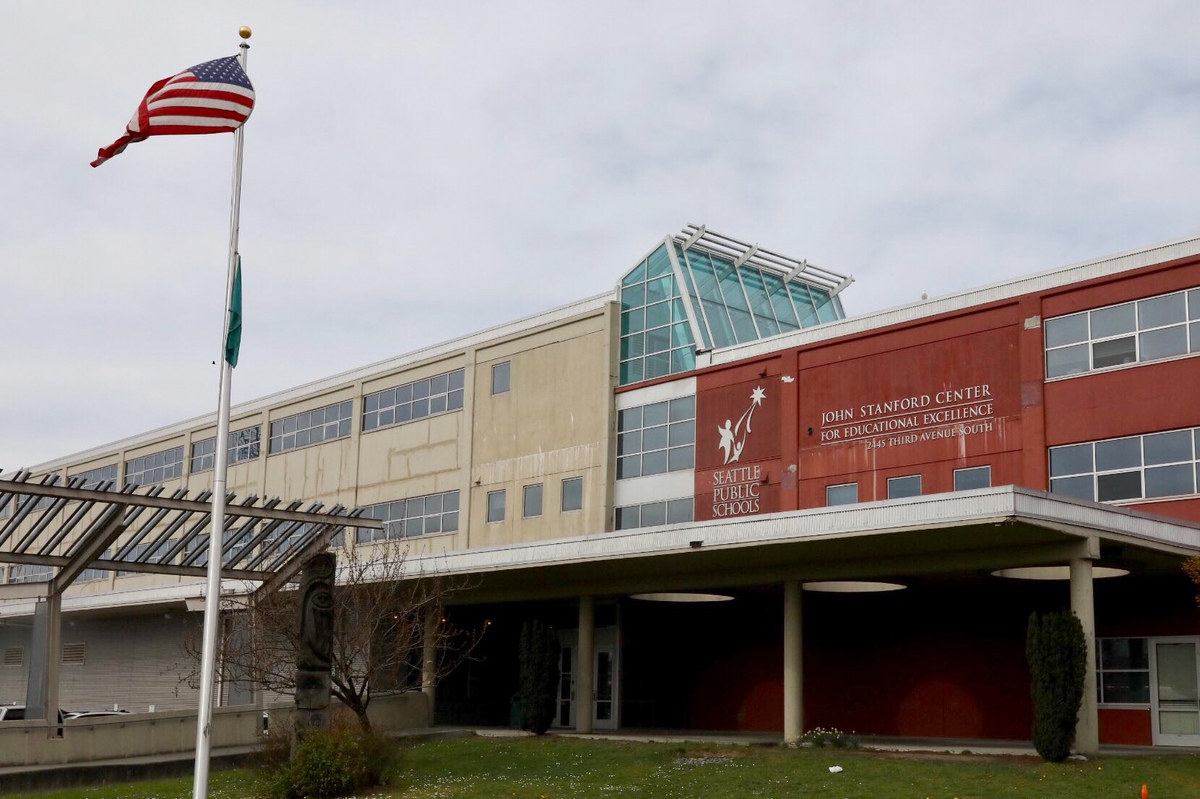This article was originally published by the Washington State Standard.
The U.S. Education Department on Monday warned 60 colleges and universities they could face repercussions if they fail “to protect Jewish students on campus.”
In a statement announcing letters to schools across the country, the department did not detail what consequences the schools could face, but the letters came less than a week after the administration announced that it would be canceling roughly $400 million in federal grants and contracts to Columbia University over “the school’s continued inaction in the face of persistent harassment of Jewish students.”
President Donald Trump and his administration have focused on curbing antisemitism on college campuses after a series of campus protests erupted last year in the wake of Hamas’ Oct. 7, 2023, attack on Israel and Israel’s counteroffensive.
Immigration authorities over the weekend arrested and detained a former Columbia graduate student who helped organize campus protests last year against Israel’s war in Gaza. The student, Mahmoud Khalil, is a lawful permanent resident and was not accused of immigration violations. Trump and Secretary of State Marco Rubio conflated Khalil’s protests of the war in Gaza with support for Hamas to rationalize the arrest.
Columbia University is listed as one of the schools that received the letter warning they could be in violation of Title VI, which bars discrimination on the basis of race, color and national origin in institutions receiving federal funding.
“The Department is deeply disappointed that Jewish students studying on elite U.S. campuses continue to fear for their safety amid the relentless antisemitic eruptions that have severely disrupted campus life for more than a year. University leaders must do better,” Secretary of Education Linda McMahon said in a statement Monday.
“U.S. colleges and universities benefit from enormous public investments funded by U.S. taxpayers. That support is a privilege and it is contingent on scrupulous adherence to federal antidiscrimination laws,” said McMahon, who was confirmed by the U.S. Senate and sworn in last week.
The letters came after a Trump executive order in late January that focused on “additional measures to combat anti-semitism.”
Pursuant to that order, the administration announced in early February the creation of a multi-agency task force to “combat anti-semitism” whose first priority would be “to root out anti-Semitic harassment in schools and on college campuses.”
Three universities and one college in Washington were among the higher education institutions that received the Department of Education warning: Eastern Washington University, Pacific Lutheran University, the University of Washington and Whitman College.
The Washington State Standard originally published a longer version of this article on March 10, 2025.







